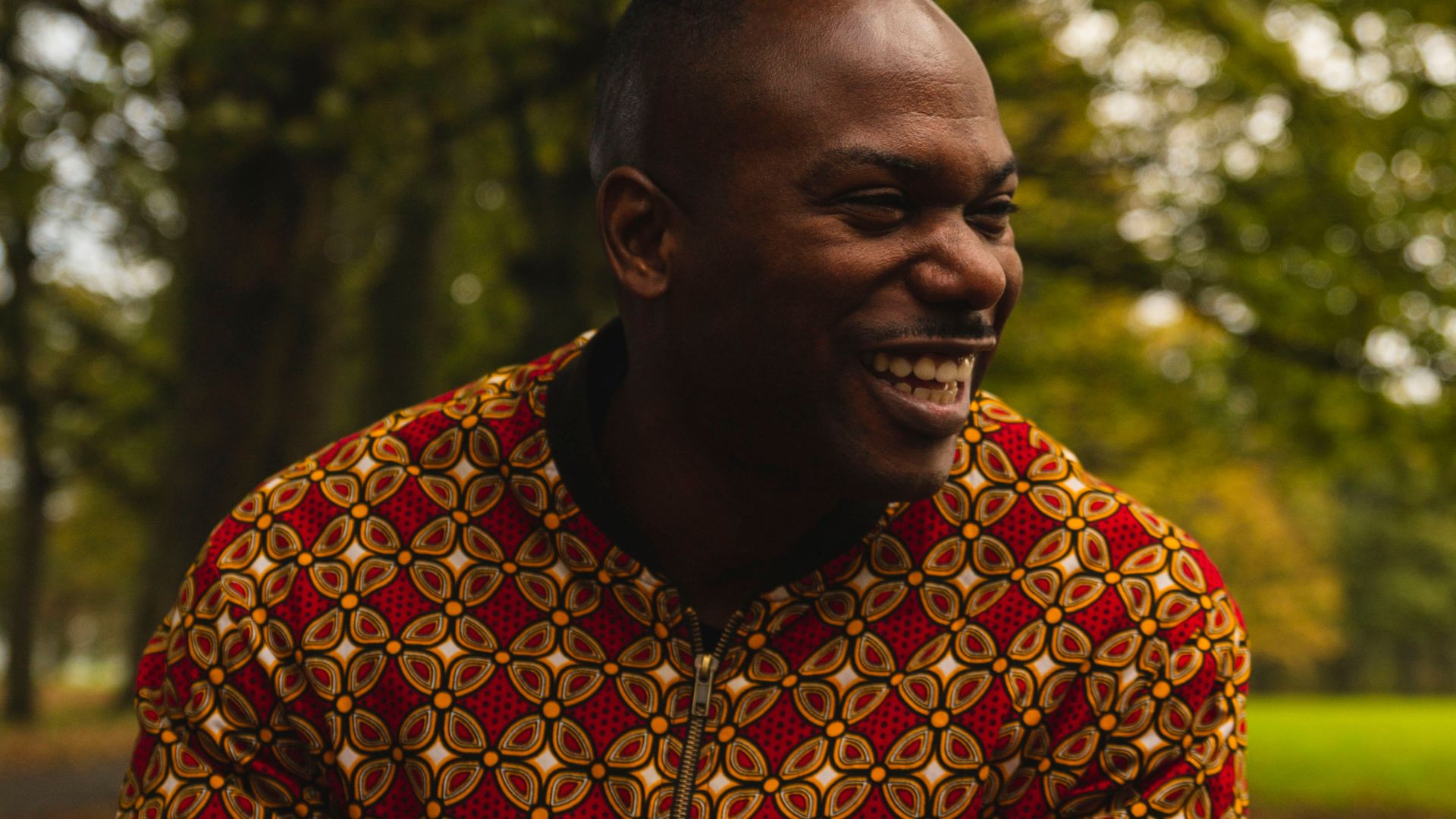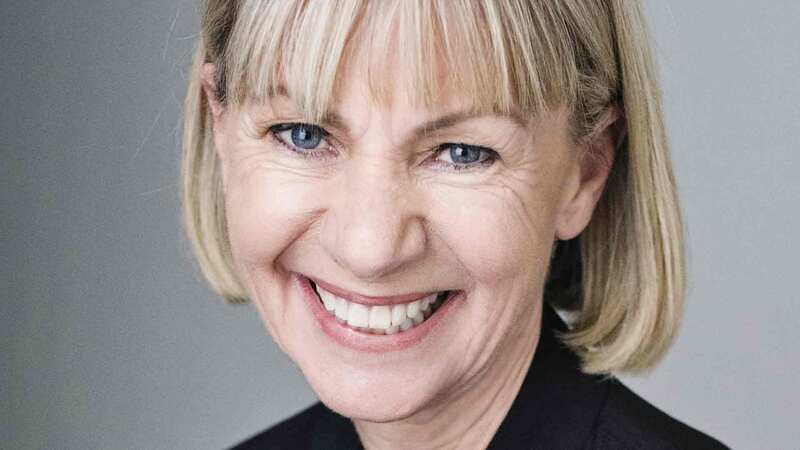You are viewing your 1 free article this month. Login to read more articles.
Allen-Paisant, Kinshasa and Bevis shortlisted for the 2023 Forward Prizes for Poetry
Jason Allen-Paisant, Safiya Kamaria Kinshasa and Kathryn Bevis are among the 20 poets shortlisted for the 2023 Forward Prizes for Poetry.
A new £1,000 performance prize will be awarded for the Best Single Poem this year, in addition to the equivalent prize awarded for a written poem. The four shortlists will be celebrated at an event at the Bradford Literature Festival on Saturday 1st July.
Allen-Paisant is up for the £10,000 Forward Prize for Best Collection for Self Portrait as Othello (Carcanet Poetry), alongside Mary Jean Chan for Bright Fear (Faber) and Jane Clarke with A Change in the Air (Bloodaxe Books). Kit Fan is also up for the award, for The Ink Cloud Reader (Carcanet Poetry), as is Elisabeth Sennitt Clough for My Name is Abilene (Salt Publishing).
Kinshasa is in the running for the £5,000 Felix Dennis Prize for Best First Collection with Cane, Corn & Gully (Out-Spoken Press), alongside Susannah Dickey, Rowan Evans, Momtaza Mehri and Kandace Siobhan Walker.
Indie presses continue to show their importance in the poetry landscape with a majority of six out of the 10 collections shortlisted coming from independents. Carcanet has topped the list with two titles in contention, while for the second year running, Bloomsbury’s new poetry list has received a shortlisting for Rowan Evans’ mediation on Old English, A Method, A Path (Bloomsbury Poetry).
Bernardine Evaristo, this year’s chair of judges for the Best Collections panel, is joined by judges Kate Fox, Karen McCarthy Woolf, Andrés N Ordórica and Jessica Traynor. Meanwhile, Joelle Taylor is chairing the panel for the Best Single Poems, and is joined by Khadijah Ibrahiim, Caroline Bird, Chris Redmond and Sue Roberts.
Speaking about this year’s shortlists, Evaristo said: “It was such a pleasure to read so many wonderful poetry collections for this prize from established poets, and to discover new poets at the start of their publishing careers. I think it’s safe to say that poetry in the 21st century is flourishing like never before with such a broad range of poets writing from different backgrounds.
"As a jury we found ourselves drawn to poets who were moving poetry forwards in theme or form or both, who offered us emotional depth, imaginative fertility, re-readability and intellectual complexity and, most importantly, who were writing fresh perspectives. The 10 poets who made the cut, did so in a field of over 230 poets and while it was sometimes heartbreaking to say goodbye to collections we loved, we are incredibly excited to be presenting such an exceptional body of work.”
On the new Forward Prize for Best Single Poem – Performed, Taylor, said: “The Forward Prize is the first major British literary award to include performed poetry within its categories, and I am honoured to have chaired the judging panel for both that and best single poem published in a journal. Between the two categories we have curated shortlists that exemplify all that is distinct, innovative, and alive in British poetry and poetic thought.”
Mónica Parle, co-executive director of the Forward Arts Foundation, added: “We are exhilarated by the judges’ 20 selections. Both panels have curated such breadth of voices and forms. We recognise the huge challenge this act requires, particularly with such rich submissions this year. We’re especially pleased to see performance represented in the prizes. It’s such a vibrant scene, and we’re so pleased to be celebrating the oral tradition, which has been at the heart of poetry for millennia.”
Over the last three decades the prizes have celebrated some of the most recognised names in poetry including Simon Armitage, Thom Gunn, Seamus Heaney, Ted Hughes, Carol Ann Duffy, Claudia Rankine, Jackie Kay and Caleb Femi. This year’s winners will be announced at a ceremony in Leeds Playhouse, as part of Leeds 23, on 16th October 2023.
Bird commented: “This year felt momentous both for the Forward Prize and for poetry as a whole; to be judging best single poem in two distinct yet symbiotic areas—the stage of the page with its haunted white space and line-break breaths, and also the physical stage; to witness how a poem exists in the air between poet and audience, and within the body of the poet themselves. We had many electric and complex conversations, and we hope this is just the beginning of a fuller appreciation for all forms of contemporary poetry.”
The full shortlists
Best Collection
- Self Portrait as Othello by Jason Allen-Paisant (Carcanet Poetry)
- Bright Fear by Mary Jean Chan (Faber)
- A Change in the Air by Jane Clarke (Bloodaxe Books)
- The Ink Cloud Reader by Kit Fan (Carcanet Poetry)
- My Name is Abilene by Elisabeth Sennitt Clough (Salt Publishing)
The Felix Dennis Prize for Best First Collection
- ISDAL by Susannah Dickey (Pan Macmillan)
- A Method, A Path by Rowan Evans (Bloomsbury Poetry)
- Cane, Corn & Gully by Safiya Kamaria Kinshasa (Out-Spoken Press)
- Bad Diaspora Poems by Momtaza Mehri (Jonathan Cape)
- Cowboy by Kandace Siobhan Walker (Cheerio)
Best Single Poem – Written
- "My Body Tells Me That She’s Filing for Divorce" by Kathryn Bevis
- "Libation" by Malika Booker
- "Oh Do You Know the Flower Man" by Kizziah Burton
- "The Curse" by Breda Spaight
- "Fricatives" by Eric Yip
Best Single Poem – Performed
- "Human. This Embodied Knowledge" by Zena Edwards
- "The Cat Prince" by Michael Pedersen
- "Almost Certainly" by Bohdan Piasecki
- "The City Kids See the Sea" by Roger Robinson
- "And Our Eyes Are On Europe" by Nidhi Zak/Aria Eipe
















